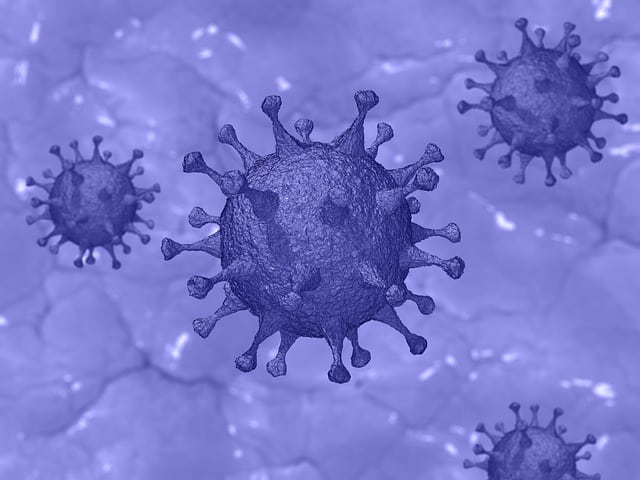Patients who are hospitalized with coronavirus and have metabolic syndrome are three times more likely to die, according to a team of scientists from Tulane University.
Metabolic syndrome is a combination of physiological, clinical, and biochemical factors that work in the body that increase the risk of cardiovascular disease, diabetes, or obesity due to high blood sugar and high triglyceride levels.
The study published in the journal Diabetes Care included 287 patients with COVID-19, among black men and women, in which an important association and a high risk of death from coronavirus was observed in those who showed characteristic symptoms of the metabolic syndrome.
“Together, obesity, diabetes and pre-diabetes, high blood pressure and abnormal cholesterol levels are all predictive of higher incidents of death in these patients. The more of these diagnoses that you have, the worse the outcomes,” said the lead study author Joshua Denson, at EurekAlert.
The scientists looked at two groups, one with metabolic syndrome and one without. As a result, more than 50% of the patients with the syndrome required intensive care, while 48% used a ventilator and 10% died.
The study, conducted at the University Medical Center of New Orleans during the peak of the pandemic, concluded that COVID-19 patients with metabolic syndrome are 3.4 times more likely to die from the virus compared to those who did not have the condition.
“Metabolic syndrome should be considered a composite predictor of COVID-19 lethal outcome, increasing the odds of mortality by the combined effects of its individual components,” Denson said.
The researchers recommended that people who meet the criteria for metabolic syndrome should take necessary steps to reduce their risk or exposure to the virus regardless of their age.
“It doesn’t matter if you’re young or old — we took that into account. You really should be extra careful. I would say it should impact both preventing your exposures and, if you end up getting sick, you should probably see your doctor sooner”, he said.
